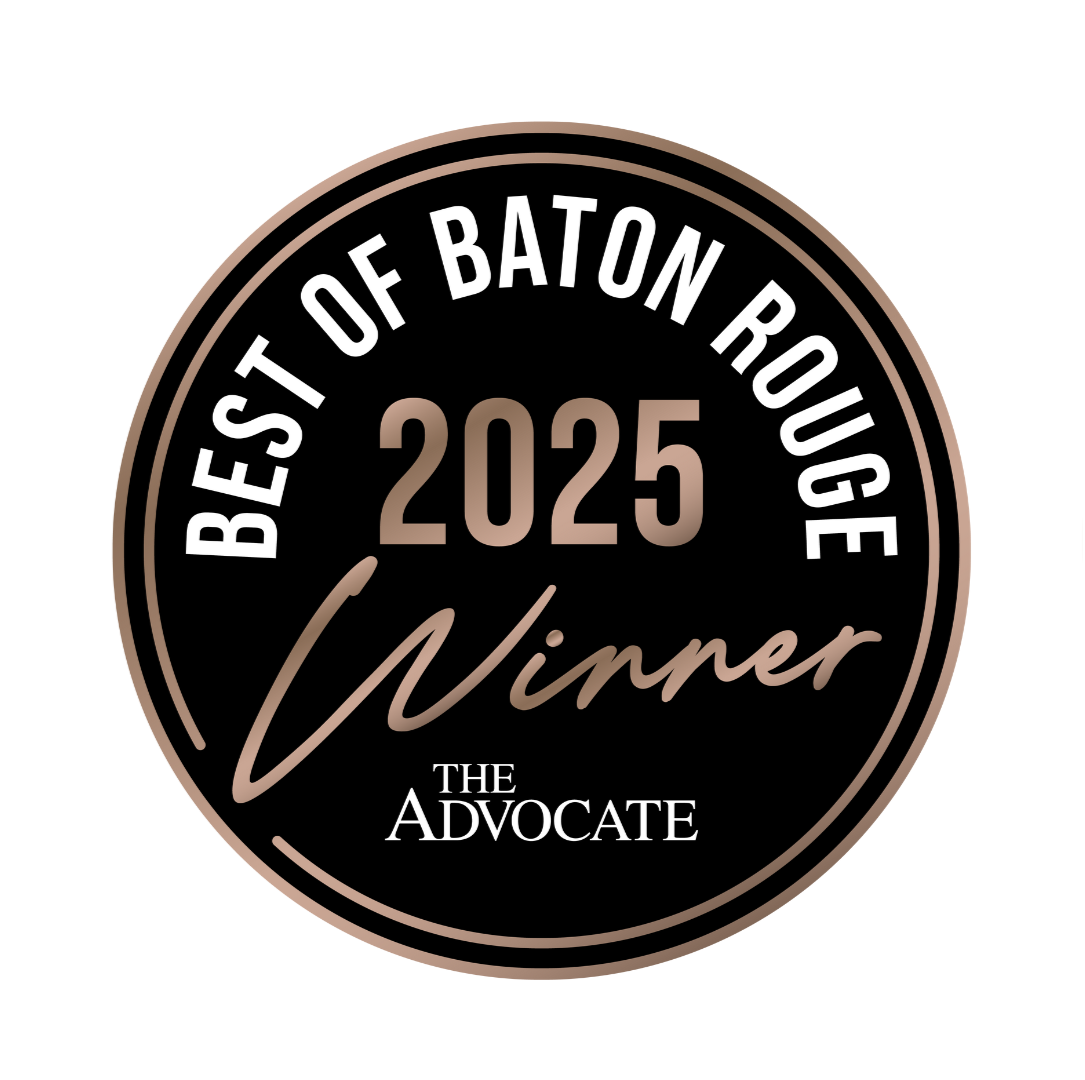Master of Science in Applied Behavior Analysis (ABA)
-
Degree
Master's
-
School
Art & Sciences
-
Program Feature(s)
Internships
Program Overview
The Master of Science in Applied Behavior Analysis (ABA) program is designed to prepare students for employment at the master’s level in ABA or to pursue doctoral studies in the field. The program will include extensive training in skill acquisition and behavior reduction procedures and expose students to a broad range of applied and experimental areas through coursework, service learning, research, internships and other applied experiences.
Through courses in conditioning and learning, research methods, ethics, biostatistics and epidemiology, behaviorism and supervision and management, ABA master’s students will develop the skills they need to confidently perform ABA to suit client needs and serve their community. The ABA master’s degree also offers an internship component, which allows students to put their education into action through hands-on learning experiences.
On This Page
Program Contact
Tracy Lepper Ph.D., BCBA-D | Program Director
Email:Tracy.Lepper@franu.edu
Phone: (225) 526-1640
Career
Students who complete the ABA master’s degree can seek work with a variety of populations, including children and adolescents and individuals with the following: autism spectrum disorders, substance abuse issues, traumatic brain injuries, dementia and more.
ABA Potential Career Outcomes
Clinical & Healthcare Settings
Professionals in this field provide behavioral interventions in hospitals, clinics and rehabilitation centers. Roles include behavior analysts who design treatment plans, clinical supervisors who oversee therapy teams and rehabilitation specialists.
Education & Developmental Services
ABA graduates often work in schools or early intervention programs to support students with developmental or behavioral challenges. Careers include school-based behavior specialists, consultants for special education programs and early intervention therapists.
Community & Social Services
This area focuses on improving quality of life for individuals in residential programs or community settings. Positions include substance abuse treatment specialists, residential program managers and social service consultants who develop strategies for behavioral support and recovery.
Endless Career Possibilities
An ABA master’s degree opens doors to diverse roles where you can make a real impact. Graduates work in clinical care, education, social services and research, designing treatment plans, guiding families, managing programs and advancing behavioral science.
Admission Requirements
In order to be considered for admission to the Master of Science in Applied Behavior Analysis at Franciscan Missionaries of Our Lady University, the following admission requirements must be met:
- Successfully earn a baccalaureate degree from a regionally accredited institution prior to the first day of scheduled classes in the program.
- Successful completion of one (1) course focusing on Applied Behavior Analysis*.
- Three (3) letters of recommendation.
- Curriculum vitae or resume
- Minimum GPA of 3.0
*All coursework will be reviewed in regard to course acceptability as meeting prerequisite requirements. If the pool of qualified applicants exceeds the program’s enrollment capacity, the selection process will involve interviews conducted by ABA faculty.
If you have questions regarding acceptability of coursework, please email Tracy Lepper at tracy.lepper@franu.edu.
Program Mission
To educate and form Franciscan servant leaders serving as highly skilled behavior analysts making a positive impact on those with diverse behavioral needs in our communities.
Master’s in ABA Program Goals
The goals of the ABA master’s program are as follows:
- 80% of first-year students enrolled will complete the MS in ABA Program within 150% of the program’s length.
- 80% of graduates who seek gainful employment to continue their education will be gainfully employed or accepted into a degree program within 12 months of graduation.
- 80% of graduates who seek to become certified will pass the examination for Board Certified Behavior Analysts (BCBA).
- 80% of graduates will be involved in a community service and/or a professional organization within 12 months of graduation.
- 80% of graduating seniors will rate themselves as well-prepared or prepared in their ability to use behavior-analytic skills in the community.
Program Learning Outcomes
Upon completion of the ABA program, graduates will be able to:
- Explain relevant literature.
- Use the scientific method in the design and evaluation of clinical protocols.
- Analyze data-based clinical decisions through research methodology.
- Produce research for dissemination in both clinical and research communities.
Master’s in Applied Behavior Analysis Program Curriculum
The Master of Science in Applied Behavior Analysis program is a 53-credit-hour program that includes an internship sequence.
FranU is committed to building and sustaining a culture of academic excellence. The master’s in ABA prepares students for advancement in their careers or future graduate studies in a doctoral-level program. With a focus on putting students’ skills into practice, the ABA master’s program prepares students to become competent behavioral analysts who can implement and evaluate behavioral interventions using evidence-based practices and conduct research to advance the application of our science.
Through the internship sequence ABA students to learn to apply knowledge gained in the classroom in a variety of settings. The experiences are designed to align with the eligibility standards set forth by the national credentialing body in applied behavior analysis. Supervision will be provided by certified doctoral- and master-level behavior analysts who are dedicated to providing students with top-notch training in the application of ABA.

Master’s in ABA Program Faculty
ABA master’s program faculty members are highly skilled professionals with diverse backgrounds and a comprehensive blend of clinical practice, content expertise and educational experience.

Expand Your Knowledge of Behavior Analysis With a Master’s in ABA From FranU
Whether you’re ready to take your career to the next level or are beginning your journey toward a doctoral degree, the Master of Science in Applied Behavior Analysis at FranU will prepare you to lead and thrive in your field.
Learn more about the program by Requesting Information.
Frequently Asked Questions (FAQs)
Behavior Analysts play an important role in health care, often working with individuals and families to help make significant changes to their clients’ lives through behavior analysis and intervention. According to PayScale, the average base annual salary for ABA master’s degree holders is $68,000, and board-certified behavior analysts can make between $51,000 to $80,000 annually.
Due to the amount of empirical evidence an ABA student must be familiar with, in addition to pursuing certification in ABA, graduates can pursue work in other areas such as substance abuse treatment, occupational safety, project management and brain-injury rehabilitation. According to the Bureau of Labor Statistics, careers in the substance abuse, behavior disorder and mental health counseling industries are projected to experience a growth rate of 23% over the next ten years, making careers in these pathways much more accessible.
ABA master’s degree holders can work in a variety of industries and care settings, including in client homes – one of the most popular locations for ABA work to occur – schools, clinics or private practices. The master’s in ABA is designed to help FranU students find employment in any of these capacities or industries.
Yes, VCS # 51458.
No. As a new program, we have not met the standards necessary for an accreditation review. We intend to seek program accreditation in the future.
Our current internship partners include: The Emerge Center, Behavioral Intervention Group and Grace Therapy Center.
FranU offers an ABA course that meets this requirement during most semesters. Contact admissions@franu.edu for more information.
Transfer credits will be considered on a case-by-case basis.
Students can pursue the following levels of certification:
- Registered behavior technicians® (RBTs®)
- Board-certified assistant behavior analysts® (BCaBAs®)
- Board-certified behavior analyst® (BCBAs®)
To learn more about the certification process and levels of certification, visit the Behavior Analysis Certification BoardTM website.
FranU is committed to making higher education as affordable as possible, striving to demonstrate the highest level of care, ethical behavior and professionalism while assisting students and their families with finding the best options to pay for college. Our Office of Financial Aid provides students with the tools and resources needed to discover financial aid and scholarship options.
To find out more about estimated tuition costs, visit theTuition and Costs page. For more information on internal and external scholarship opportunities, visit the Scholarship page.
Regional Accreditation
For information about our SACSCOC accreditation, please visit our Institutional Accreditation page.
Where Progress Makes Headlines

2026 Hall of Distinction Award Recipients
Please join us for the Hall of Distinction on March 24, 2026 at 4:00 p.m. in St. Francis Hall.

2025-2026 FranU Faculty Promotions in Rank
We recognize the following FranU faculty for their promotion in rank effective with the 2025-2025 Academic Year.

A FranU Alumna Returns to Teach with Heart
Learn how Danielle Bache stayed close to home after graduation.



